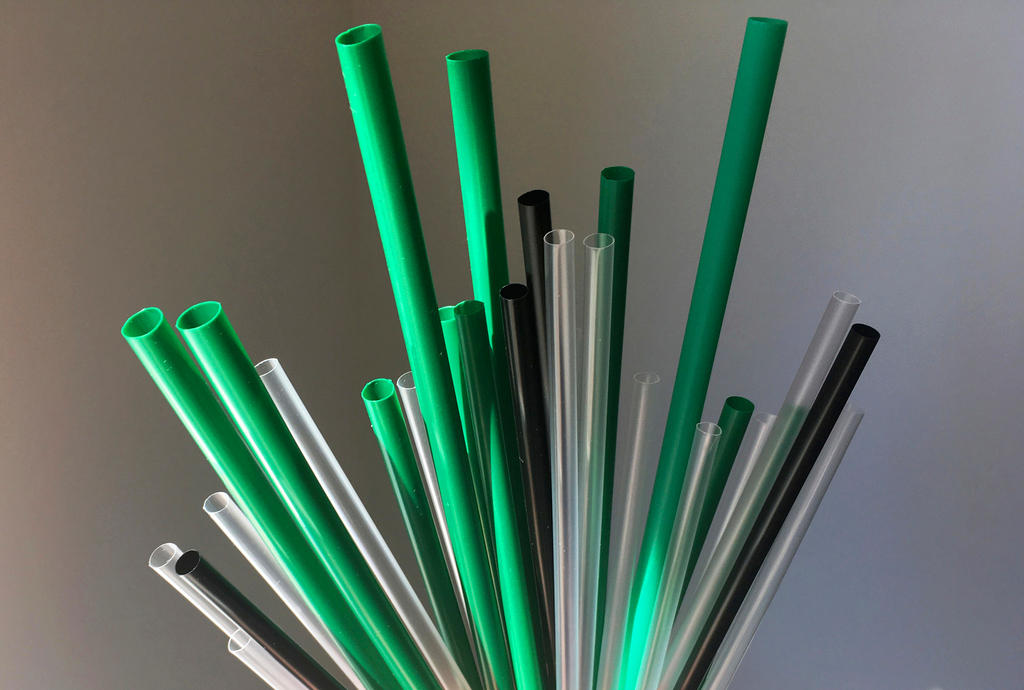
Switzerland has no intention of banning single-use plastics

While the European Union intends to ban plastic straws, single-use cutlery, and other disposable plastics, the Swiss government has no plans to follow suit. The Federal Council is not considering any kind of ban, environment minister Doris Leuthard said on Monday.
In response to a question by the House of Representatives, Leuthard said that the Federal Council is committed to “avoiding, reducing, reusing and recycling” measures and referred to voluntary industry measures such as the plastic bag charges.
But Switzerland would not introduce a ban similar to the one the EU plans to impose, especially since the Brussels decision was primarily targeted at the reduction of waste in the sea.
The Swiss government, Leuthard said, would favour solutions developed by the business sector.
Discarded drinking straws, cotton swabs and other everyday plastic products do not represent a major environmental hazard to Swiss nature and waterways, according to the minister.
+ Switzerland generates three times as much plastic waste as other European countries
Littering is being fought with a broad range of measures, she noted, adding that the quantities of microplastics in Swiss waterways is very small.
The Federal Office for the Environment (FOEN) is currently investigating from which sources this microplastic originated from. Leuthard cited an EU study which shows that it was mainly the result of tire abrasion or the weathering of paint coatings and textile fibres.
The EU Comission wants to ban disposable plastic fishing nets and various disposable plastic products, including cutlery and crockery. Single-use plastic utensils such as drinking straws and stirring spoons will be banned and replaced with instruments made of more durable and less environmentally harmful materials.
For products for which there are no suitable alternative materials available already, consumption is to be dramatically reduced. By 2025, disposable plastic bottles should be almost fully recycled.
Single-use plastic products collectively account for 70% of marine waste in Europe.

In compliance with the JTI standards
More: SWI swissinfo.ch certified by the Journalism Trust Initiative






























You can find an overview of ongoing debates with our journalists here . Please join us!
If you want to start a conversation about a topic raised in this article or want to report factual errors, email us at english@swissinfo.ch.